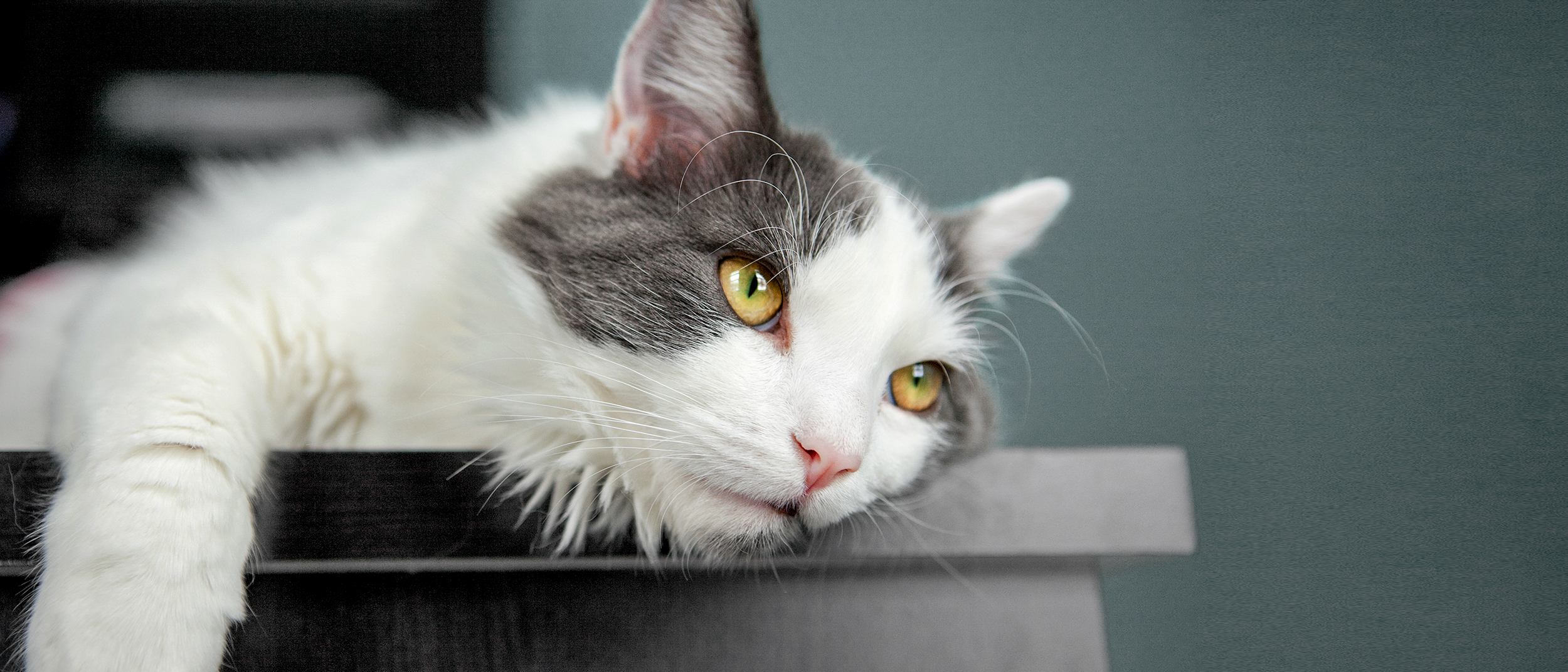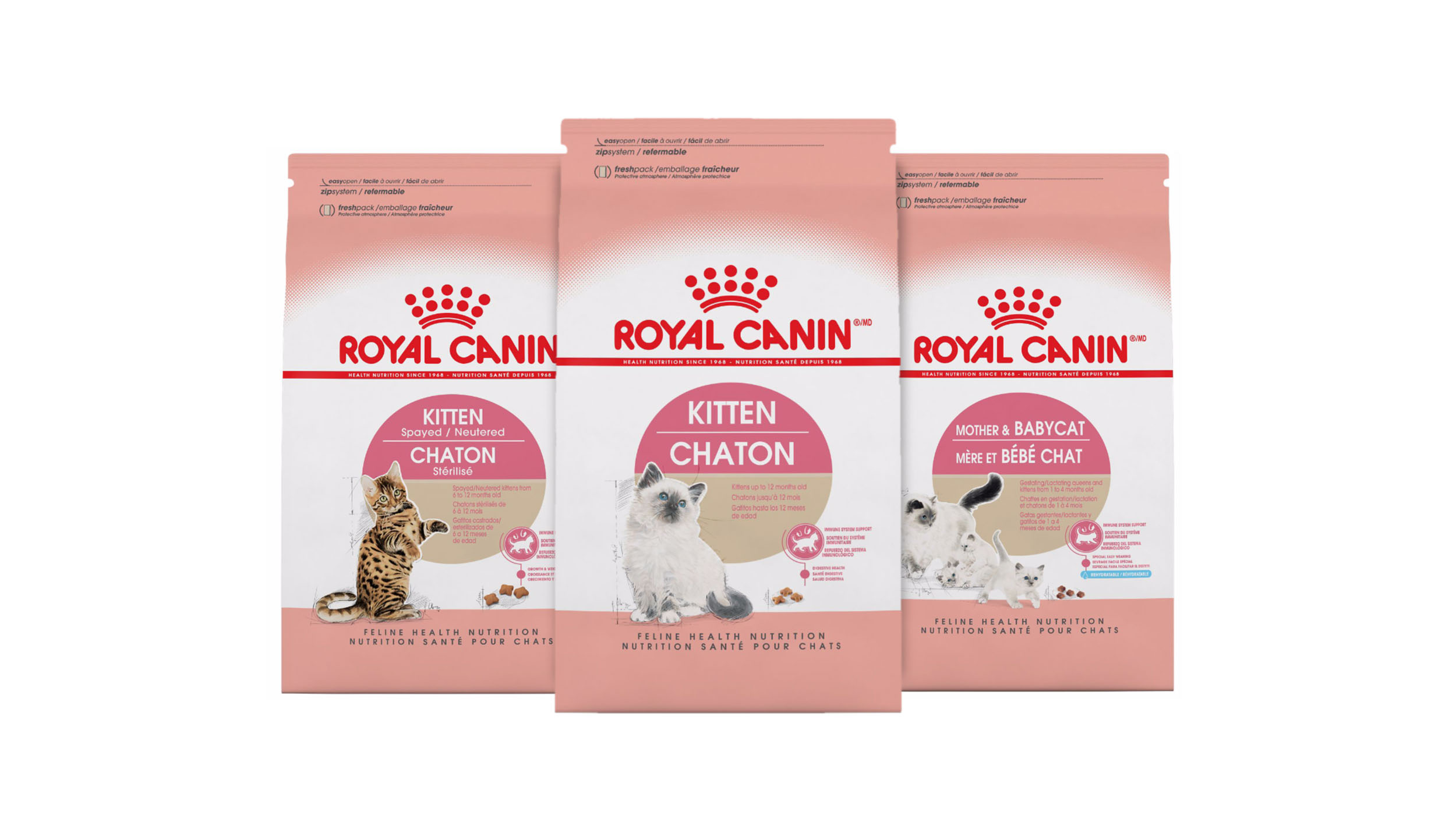Feline infectious peritonitis

What is feline infectious peritonitis?
Feline infectious peritonitis (FIP) is a fatal disease suffered by cats and kittens. FIP occurs in a very small proportion of cats or kittens and is caused by a common virus called feline coronavirus.
What is feline coronavirus?
Feline coronavirus is a virus that infects cats through contact with infected faeces.
This can occur when they groom each other, or when they share litter trays, food bowls or grooming equipment.
How does feline coronavirus cause feline infectious peritonitis?
There are two main types of feline coronavirus that affect cats and kittens:
- Enteric coronavirus
- The coronavirus that causes FIP
The so-called “enteric” coronavirus is mainly restricted to the intestines. It multiplies there and may cause diarrhoea – this is particularly likely to happen to kittens, especially when they live in communities with other cats.
The Coronavirus that causes FIP, is currently considered to be a mutant form of the enteric coronavirus. Scientists don’t yet understand how the relatively benign coronavirus is turned into the fatal FIP.
What happens to a cat or kitten that is affected by FIP?
Cats affected by FIP can suffer with either:
- Fluid in their chest or abdomen – this is termed “wet” FIP
- Nodular growths (granulomas) on their internal organs – this is termed “dry” FIP
What are the symptoms of FIP?
A cat or kitten suffering from FIP will show a variety of symptoms, including:
- Fever
- Vomiting
- Loss of appetite
- Diarrhoea
- Seizures
Is there any way to test whether my cat or kitten has FIP?
Today, vets have access to specific techniques to enable them to detect the presence of coronavirus. However, this analysis does not distinguish between the coronavirus in the intestines and the coronavirus that causes FIP.
This means there is no such thing as a specific test for FIP.
When will a vet run these tests?
A vet will run this test to help them establish a diagnosis for a sick cat.
The vet will always interpret these tests cautiously analysing a variety of other factors including the cat or kitten’s living environment, any clinical signs and any other tests that have been run.
Is there a vaccine against FIP?
There is an available vaccine for feline infectious peritonitis, but its effectiveness remains a controversial topic.
All kittens must be given core vaccines, which include:
- Cat flu – both feline herpesvirus and feline calicivirus
- Feline panleukopenia virus
As the vaccine for FIP doesn’t fall within the core category, it won’t be given to all kittens or cats.
To understand which vaccines your new kitten will require, it’s important to speak to your vet. They will provide recommendations based on the cat’s lifestyle by analysing a variety of factors including whether they’ll be outside and in contact with other cats.
If you’re concerned about your kitten’s health or have any questions about which vaccines they should have, always make sure you speak to your vet.
Related Articles

Find a vet
If you have any concerns about your cat’s health, consult a vet for professional advice.

Tailored nutrition for your kitten
Nutritional formulas that help to build your kitten's natural defences, support healthy growth, and aid in digestive system development.
Like & share this page